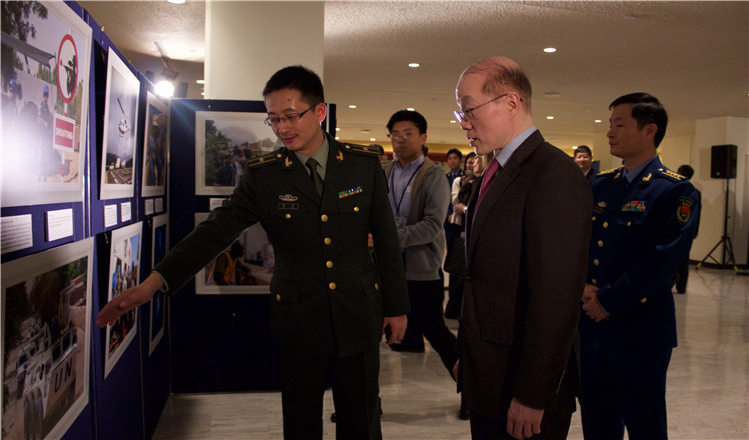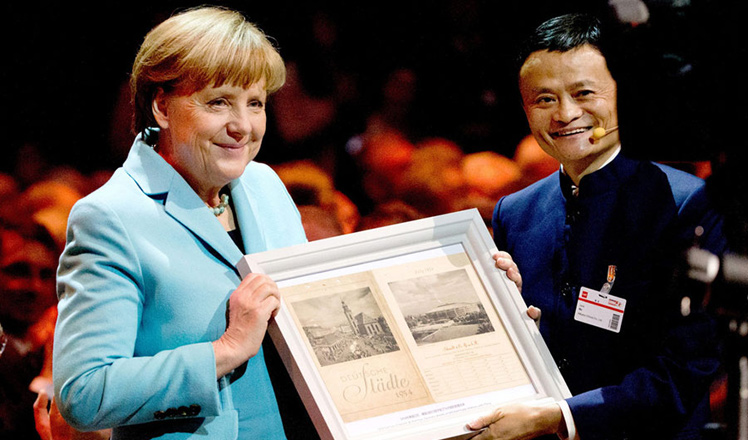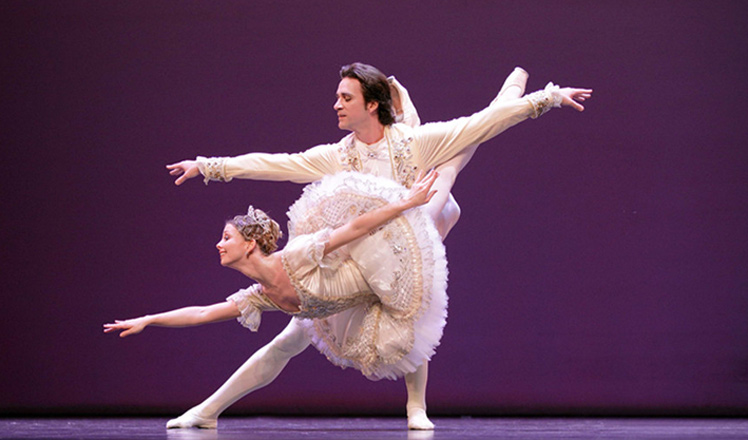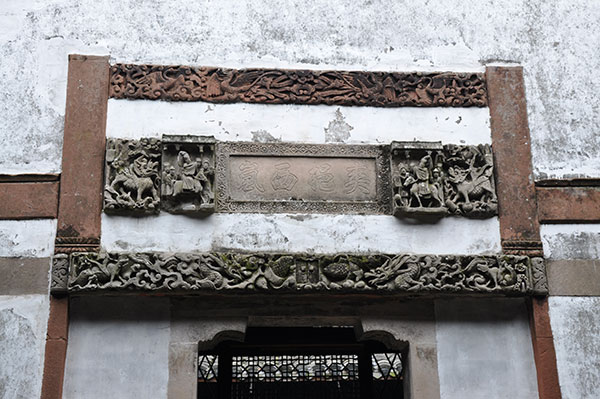A tale of three villages
Updated: 2015-11-11 08:09
By Liu Xiangrui/Shi Xiaofeng(China Daily)
|
||||||||
During the Qing Dynasty, many village residents turned to business. Some of them opened stores along the streets while some ventured to other parts of China to set up shops.
Within decades, there were more than 20 "billionaires" among the Huang clan descendants. They established stores of good reputation one after another in the outside world, and also built complex mansions back in the village.
The grand mansion of Huang Xiuwen, the 27th generation of Huang Kechang, has the largest scale and finest craftsmanship. Located at the crossing of Back and Horizontal streets, its construction started in 1751 and lasted 38 years, even after Huang's death.
The mansion had a symmetrical layout, with five rows in depth. It once occupied a total of 5,500 square meters, with 12 halls, 36 pairs of wing rooms and 108 sitting rooms, as well as 48 courtyards.
Most parts of the mansion, which has been listed as a protected relic site by Jiangxi province, have been preserved.
Besides the lofty and spacious halls, you are unlikely to miss the many exquisite wooden and stone carvings in the ancient houses. For the house owners, they were not only nice decoration, but rich with connotations of well-known historical stories and symbols of good luck.
Many ancient stone wells are still in use in Luotian. Villagers love brewing tea with water from the Longevity and Health Well, the first well dug by their ancestors here. They believe its water gives them health and long lives.
Shuinan village was established by one of Huang Kechang's descendants, next to Luotian about 500 years after that village's founding.
Shuinan has more than 20 well-kept ancient buildings from the Ming and Qing dynasties. The village is best known for its exquisite carvings in the old houses and large collection of traditional pieces in its folk museum.

 Photo exhibit hails Chinese peacekeepers
Photo exhibit hails Chinese peacekeepers
 Washington 'showing anxiety in stance adopted toward Beijing'
Washington 'showing anxiety in stance adopted toward Beijing'
 Internet celebrities share spotlight with leaders and stars
Internet celebrities share spotlight with leaders and stars
 Heavy smog hits Beijing
Heavy smog hits Beijing
 Eleven-year-old girl donates organs to save six people
Eleven-year-old girl donates organs to save six people
 Top ballet dancers light up Beijing
Top ballet dancers light up Beijing
 Top 10 wealthiest Chinese on Forbes rich list
Top 10 wealthiest Chinese on Forbes rich list
 Obama launches Facebook page, sends message on climate
Obama launches Facebook page, sends message on climate
Most Viewed
Editor's Picks

|

|

|

|

|

|
Today's Top News
Obama, Netanyahu at White House seek to mend US-Israel ties
China, not Canada, is top US trade partner
Tu first Chinese to win Nobel Prize in Medicine
Huntsman says Sino-US relationship needs common goals
Xi pledges $2 billion to help developing countries
Young people from US look forward to Xi's state visit: Survey
US to accept more refugees than planned
Li calls on State-owned firms to tap more global markets
US Weekly

|

|








